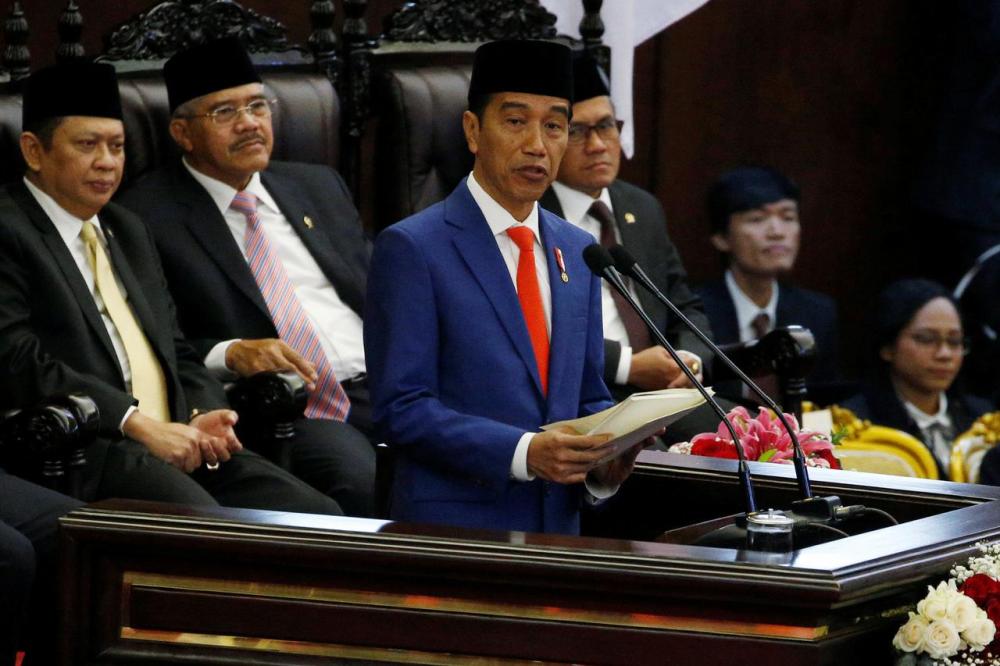JAKARTA: Indonesia has chosen the eastern edge of jungle-clad Borneo island for its new capital, President Joko Widodo said Monday, as the country looks to shift its political heart away from congested megalopolis Jakarta.
The proposed location — near the regional cities of Balikpapan and Samarinda — is in the geographical centre of the Southeast Asian archipelago and an area where the government already owns some 180,000ha of land, he added.
The site in the province of East Kalimantan is at “minimal” risk of natural disasters, he added.
“As a large nation that has been independent for 74 years, Indonesia has never chosen its own capital,“ Widodo said in a televised speech.
“The burden Jakarta is holding right now is too heavy as the centre of governance, business, finance, trade and services,“ he added.
The government would draft a bill for the move which would be sent to parliament, Widodo said.
He said the estimated cost of the project was around 466 trillion rupiah (RM140 billion).
The move comes as concerns about Jakarta’s future soar.
The megacity — first established by Dutch colonists nearly 500 years ago — of is one of the fastest-sinking cities on earth, with environmental experts warning that one third of it could be submerged by 2050 if current rates continue.
The problem is largely linked to excessive groundwater extraction.
But the city of 10 million — a number that bloats to about 30 million with surrounding satellite cities — is also plagued by a host of other ills, from eye-watering traffic jams and pollution to the risk of earthquakes and floods.
Its foundations have been further stressed by unchecked development and poor urban planning.
Orangutans, mining
Known as Kalimantan, Indonesia’s section of Borneo — the island it shares with Malaysia and Brunei — is home to major mining activities as well as rainforests, and is one of the few places on Earth with orangutans in their natural habitat.
Environmentalists expressed concerns the capital city move could threaten endangered species.
“The government must make sure that the new capital is not built in a conservation or protected area,“ said Greenpeace Indonesia campaigner Jasmine Putri.
The region has also been blanketed in choking haze from annual forest fires that ravage vast swathes of land.
“That makes Kalimantan unfit as a candidate for a new capital city,“ said Jakarta-based urban planning expert Nirwono Joga.
“And the move won’t necessarily free Jakarta of problems like flooding, traffic jams and rapid urbanisation,“ he added.
Concerns have soared over the future of Jakarta — a city nicknamed “the Big Durian” after the pungent, spiky fruit that deeply divides fans and detractors.
Built on swampland, the city is one of the fastest-sinking cities on earth, with experts warning that one third of it could be submerged by 2050 if current rates continue. The problem is largely linked to excessive groundwater extraction.
But the city of 10 million — a number that bloats to about 30 million with surrounding satellite cities — is also plagued by a host of other ills, from eye-watering traffic jams and pollution to the risk of earthquakes and floods.
Indonesia is not the first Southeast Asian country to move its capital.
Myanmar and Malaysia have both moved their seat of government, while Brazil, Pakistan and Nigeria are among the nations that have also shifted their capital cities. — AFP









